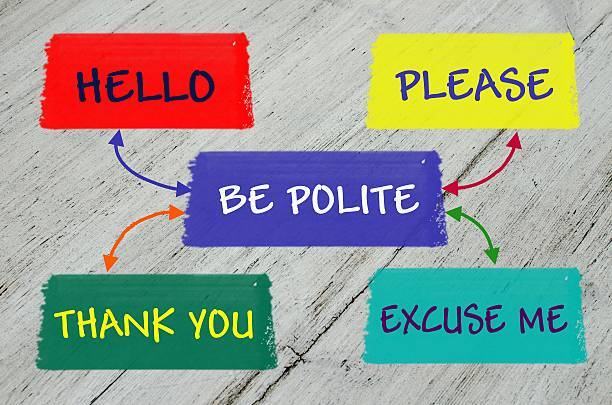Latest News
Miss Roberts' Thought for the Term: Courtesy
Posted on: 06/05/2022
“What do you say?”
“What’s the magic word?”
“Remember your manners, please.”
You might remember your own families saying these phrases to you. They’re often heard in my household with two young children who are learning about the importance of good manners. I’ve always accepted the importance of being courteous and having good manners, recognising how good it feels when those around me demonstrate this behaviour; something that Mrs Bowers wrote about so well last week. However, preparing this piece on courtesy prompted me to look at why manners are considered so important and the legacy of this importance. I found this extract from the Washington Post particularly interesting:
‘Think of manners as traffic lights for life, said Pier Forni, a professor at Johns Hopkins University in Baltimore who has written books about manners. On the road, traffic lights turn a world full of cars moving in different directions into an orderly system that allows everyone to get where they are going.
“The rules of good manners are the traffic lights of human interaction,” Forni said. “They make it so that we don’t crash into one another in everyday behaviour.”
Even cavemen used manners! Manners have developed over tens of thousands of years as a key element of human society, and they might even have helped the species survive.
Early humans lived in groups in order to hunt, share food and keep one another warm. But to live so close together, Forni said, humans had to learn to think about others, not just themselves. Think of it this way: If every person in the group looked out for only himself, the group would fall apart.’
It's fascinating that these early humans developed their own systems of courtesy in order to function and every community has done the same since. Our school communities are places where courteous behaviour is the norm and this helps these communities thrive. I’m sure you’ll also recognise just how positive it feels for you as an individual when those around you are kind, considerate and respectful. There’s so much joy to be had in the simple pleasure of exchanging a smile or holding a door open for someone. These smaller interactions bind us together as much as the larger ones and make our school communities the wonderful places they are.
Miss Roberts
Deputy Headteacher, Didcot Girls’ School




